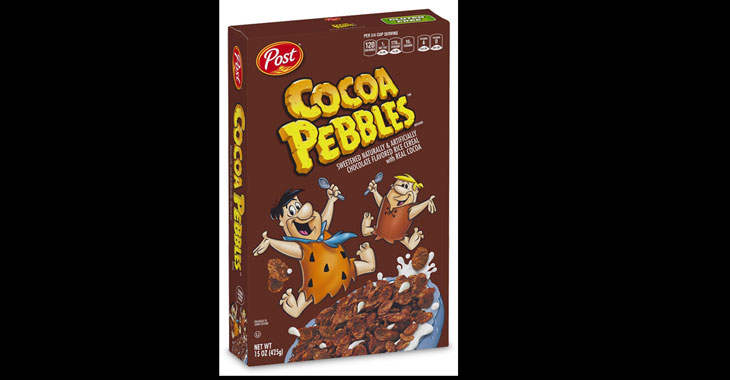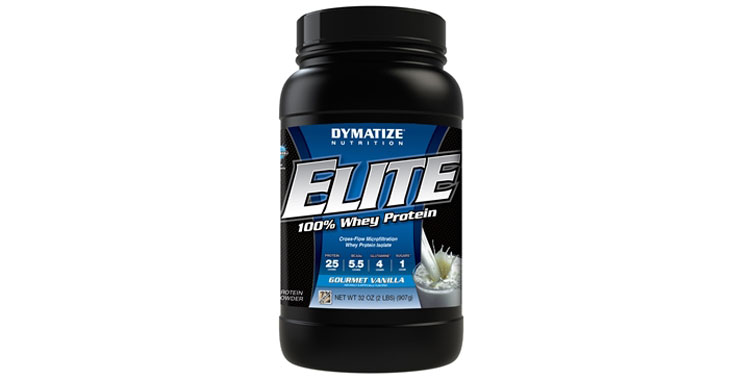
Rachael Ray Pet Foods
Allegations: Falsely advertising products as “Natural Food” that contain “No Artificial Preservatives”
June 2021: The Court granted final approval of the settlement agreement.
February 2021: The Court preliminarily approved a settlement agreement. Go to https://www.addedsugarclassaction.com/ for more information.
August 2016: A class-action lawsuit was filed against Post Foods for allegedly deceptively marketing Post cereals as healthy when the cereals actually contain excessive amounts of sugar and, as a result, are likely to increase the risk of illnesses. (An amended complaint was filed in 2017.) (Krommenhock et al v. Post Foods LLC, Case No. 16-cv-4958, N.D. Cal.)
For more information about other class-action lawsuits regarding cereals and TINA.org’s coverage of the products, click here.
Allegations: Falsely advertising products as “Natural Food” that contain “No Artificial Preservatives”
Allegations: Misleadingly marketing cereals as “Made with real honey”
Allegations: Misleadingly marketing that honey is the primary sweetener when the primary sweetener is sugar
This soft drink reminds consumers of the good old days.
What you need to know about this offer.
What’s this kidfluencer doing promoting a “youth cream”?
Emily Baker-White, Forbes
Can this joint supplement back up its stiff promises?










